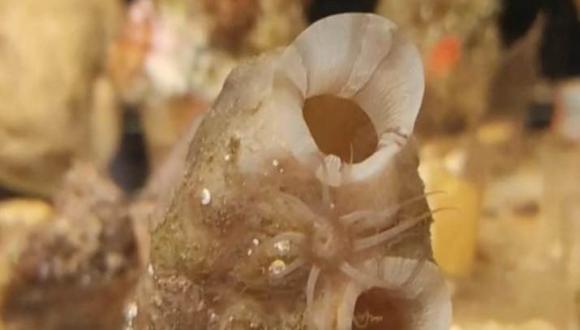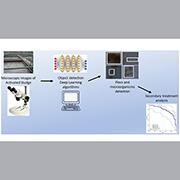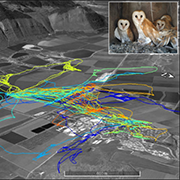Harnessing AI for Development of Novel Approaches to Control the Spread of Invasive Species by Marine Vessels
Researchers: Prof. Noa Shenkar (Zoology) and Prof. Tal Pupko (Shmunis School of Biomedicine and Cancer Research)
Researchers: Prof. Noa Shenkar (Zoology) and Prof. Tal Pupko (Shmunis School of Biomedicine and Cancer Research)
Invasions of species from one region to another (bioinvasions) is a worldwide danger to biodiversity and ecosystems. Marine bioinvasions are rapidly facilitated by maritime traffic via hull fouling and/or ballast-water discharge.
Despite numerous previous studies, a knowledge gap exists regarding the parameters that dictate which ship route presents higher invasion risks by introduction of fouling organisms. Factors such as changes in water salinity and temperatures, the type of vessel, the duration of the voyage, and turnover time in ports of call are likely to influence the survival of "passenger" organisms, and thus correlate with risk.
In our research, we harness machine learning to learn the parameters that affect the survival of invasive species during the voyage. Specifically, we conduct a series of controlled voyage simulations using an invasive ascidian which is exposed to changing environments that mimic real-time voyages. Machine-learning algorithms are then used to analyze the obtained experimental data and build models that can predict survival from route characteristics. To our knowledge, machine learning has never been used in such types of studies.





